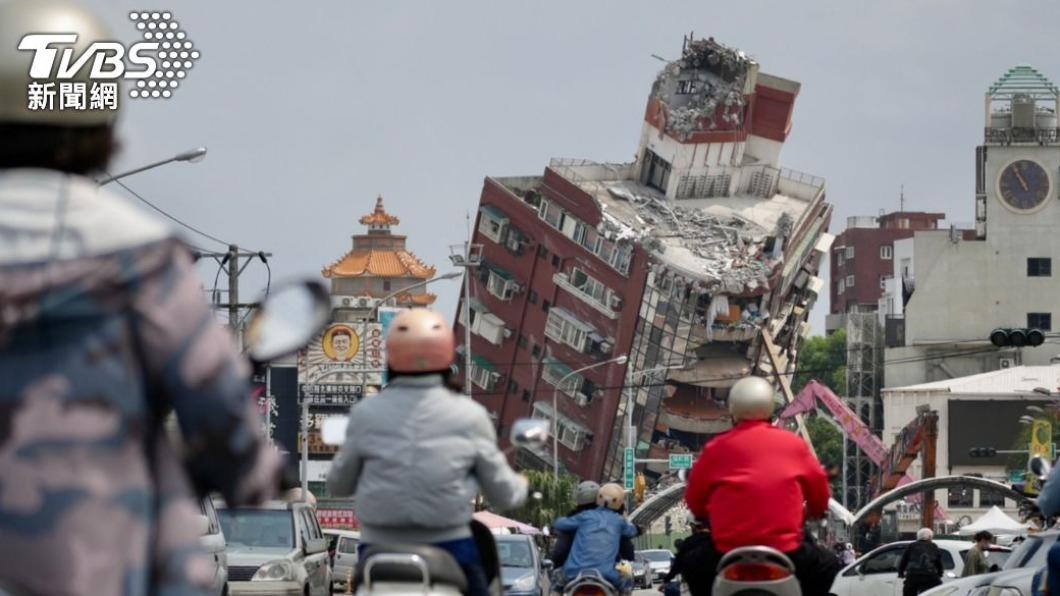TAIPEI (TVBS News) — Taiwanese legislators decided on Tuesday (July 16) not to review the "April 3 Earthquake Reconstruction Act" draft, passing a main resolution for post-disaster reconstruction and revitalization instead.
The decision followed a meeting in the Legislative Yuan, where Kuomintang (KMT, 國民黨) caucus leader Fu Kun-chi (傅崐萁) expressed a commitment to joint efforts by central and Hualien County governments.
A 7.2-magnitude earthquake struck Hualien on April 3, causing 17 deaths and 1,146 injuries. The quake damaged 1,247 buildings and 661 schools, with agricultural losses nearing NT$1 billion. The natural disaster also forced many hospitality businesses having to shut down.
The KMT thus pushed for the "April 3 Earthquake Reconstruction Act," but consensus was not reached over the past two months. Today, legislative deputy speaker Johnny Chiang (江啟臣) chaired the session, stating that all parties have agreed not to review the draft.
The main resolution highlighted the significant impact on Hualien, stressing the urgency of reconstruction, particularly for damaged homes. The resolution included budget allocations for rent subsidies, structural reinforcements, and demolitions to aid residents swiftly.
Most red-tagged buildings have entered urban renewal and dangerous building procedures. Future incentives include floor area ratio bonuses to reduce burdens. For those unwilling to rebuild on-site, subsidies will cover 85% of the original construction costs, with detailed plans to be finalized within two months.
The resolution mandates that local governments cover initial demolition and disposal costs for red-tagged buildings, with the central government covering the remainder.
The Executive Yuan allocated funds for economic revitalization, with the Ministry of Economic Affairs (MOEA, 經濟部) and Ministry of Transportation and Communications (MOTC, 交通部) collaborating with Hualien County Government on various initiatives.
Fu Kun-chi thanked all parties for their cooperation in promoting the resolution. He emphasized the need for united support, stating, "Hualien and Taitung is not the backyard of Taiwan, but rather the backbone of it."











